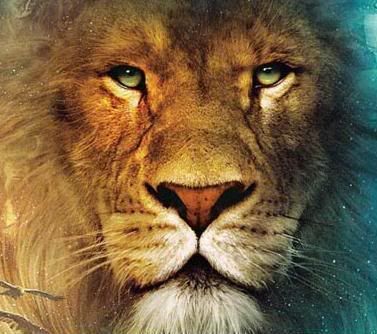
The Fighter succeeds because it does everything well, particularly the acting and the pacing. The performances are what make the movie, as the familiarity of the genre allows the actors to shine. The Fighter would have been good with lesser actors, but the strong leads and stellar supporting cast elevate the film to Oscar contender.
Christian Bale will justifiably win awards for his masterful portrayal of the drug-addicted former boxer Dicky Eklund. Amy Adams will rightfully earn plaudits for sassily playing against type as a hard-edged bartender turned determined muse. The supporting cast is pitch-perfect in their various quirky roles. Amidst all the characters, Mark Wahlberg is the glue of the film as the titular Micky Ward, who battles adversity both in and out of the ring. Several other roles are showier, and the part may not be a big stretch for the Boston-born tough guy, but Wahlberg holds the story together with his more-difficult-than-it-looks combination of fierceness and likability.
In a cinematic age with too many bloated films, The Fighter moves steadily along, avoiding the superfluous scenes that plague most movies. Yet director David O. Russell hits all the necessary notes flawlessly and still finds time for beautiful small moments, from a tender hand holding to the jotting of a number to a passionate celebratory kiss. These poignant instants put the finishing touches on a thoroughly enjoyable drama.
The Fighter is more than just a good sports movie. It's a great movie regardless of genre, featuring numerous outstanding performances. 9 of 10, which feels high, but I don't think anything could have been done better.

